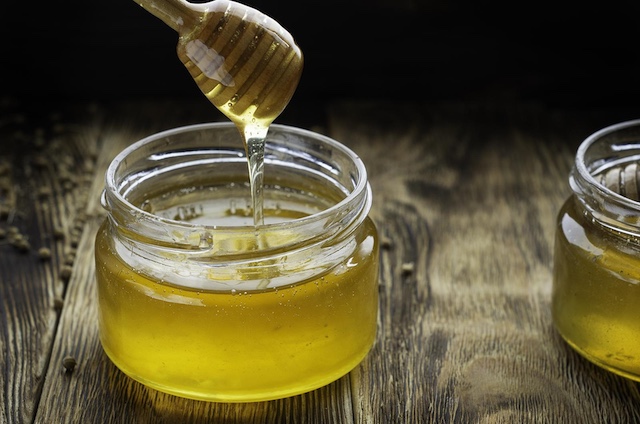Honey is a unique food in that it does not spoil. This remarkable property comes from its low moisture content, acidic pH, and the presence of natural preservatives like hydrogen peroxide. These factors create an environment where bacteria and mold cannot thrive, allowing honey to remain safe for consumption for years, if not centuries.
Throughout history, honey has been found in ancient tombs, still perfectly edible after thousands of years. This durability is not just a myth; it can be attributed to its chemical composition. Honey’s natural process of moisture evaporation during production leads to a shelf life that far exceeds other foods.
The science behind honey’s longevity has piqued the interest of many, making it a fascinating subject. By exploring the reasons why honey does not expire, one can appreciate not only its culinary uses but also its role in nutrition and health across different cultures.
The Chemistry of Honey
The unique properties of honey are largely attributed to its chemical composition. Key elements include its sugar content and low moisture levels, as well as its acidity and antioxidant properties. These factors contribute to honey’s remarkable stability and preservation.
Sugar Composition and Low Moisture Content
Honey primarily consists of sugars, with fructose and glucose being the most abundant. These sugars account for about 70-80% of its composition. This high sugar concentration creates an osmotic environment that deters microbial growth.
Additionally, honey typically has a low moisture content, often below 18%. This further inhibits the growth of bacteria and fungi. When stored properly in a sealed container, honey maintains its properties for a long time due to these factors.
Acidity and Antioxidant Properties
Honey has a natural acidity, with a pH ranging from 3.2 to 4.5. This acidity acts as a barrier against spoilage organisms. Many pathogens cannot thrive in such an acidic environment, which helps preserve honey.
Furthermore, honey contains various antioxidants, including flavonoids and phenolic acids. These compounds contribute to its health benefits and help maintain its integrity over time. The combination of acidity and antioxidants supports honey’s long shelf life.
Natural Preservatives in Honey
Honey contains several natural preservatives that contribute to its long shelf life. The unique composition of honey includes substances like hydrogen peroxide and specific enzymes produced by bees. These elements work together to ensure that honey remains safe and stable for extended periods.
Hydrogen Peroxide and Antibacterial Activity
Honey naturally produces hydrogen peroxide through enzymatic reactions. When bees add the enzyme glucose oxidase to nectar, it converts glucose into gluconic acid and hydrogen peroxide.
This compound is known for its antibacterial properties, effectively inhibiting the growth of harmful bacteria. The low moisture content of honey also helps in preventing fermentation, as most bacteria and yeast require a certain level of moisture to thrive.
This dual action of hydrogen peroxide and low moisture creates an environment unfavorable for microbial growth, helping honey stay fresh for years.
Bee Enzymes and Honey Preservation
Bees contribute various enzymes that play a vital role in honey preservation. One key enzyme is invertase, which breaks down sucrose into glucose and fructose.
This process not only enhances sweetness but also reduces the likelihood of crystallization. Other enzymes like diastase help in the breakdown of starches into simpler sugars.
These enzymes create a balanced environment that discourages spoilage and fermentation. The synergy between these enzymes and the inherent properties of honey ensures its longevity, making it a favored natural food product.
Honey Storage and Care
Proper storage and care can extend the life of honey and maintain its quality. Here are key points to consider:
- Container: Honey should be stored in a tightly sealed container to prevent moisture absorption.
- Material: Glass, plastic, or food-grade containers work well. Avoid metal containers as they can react with the honey over time.
Ideal Storage Conditions:
- Temperature: Store honey at room temperature. Excessive heat can alter its composition.
- Light: Keep honey away from direct sunlight, as UV rays can degrade its quality.
Tips for Maintaining Honey:
- Avoid Contamination: Use clean utensils when scooping honey to prevent introducing bacteria.
- Crystallization: If honey crystallizes, gently warm it in a warm water bath. Do not boil it, as high heat can damage enzymes.
Signs of Spoilage:
- While honey rarely spoils, it can ferment if contaminated. If there’s a fermentation smell or bubbling, it’s best to discard it.
By following these storage and care guidelines, one can ensure that honey remains fresh, flavorful, and safe for consumption over time.
